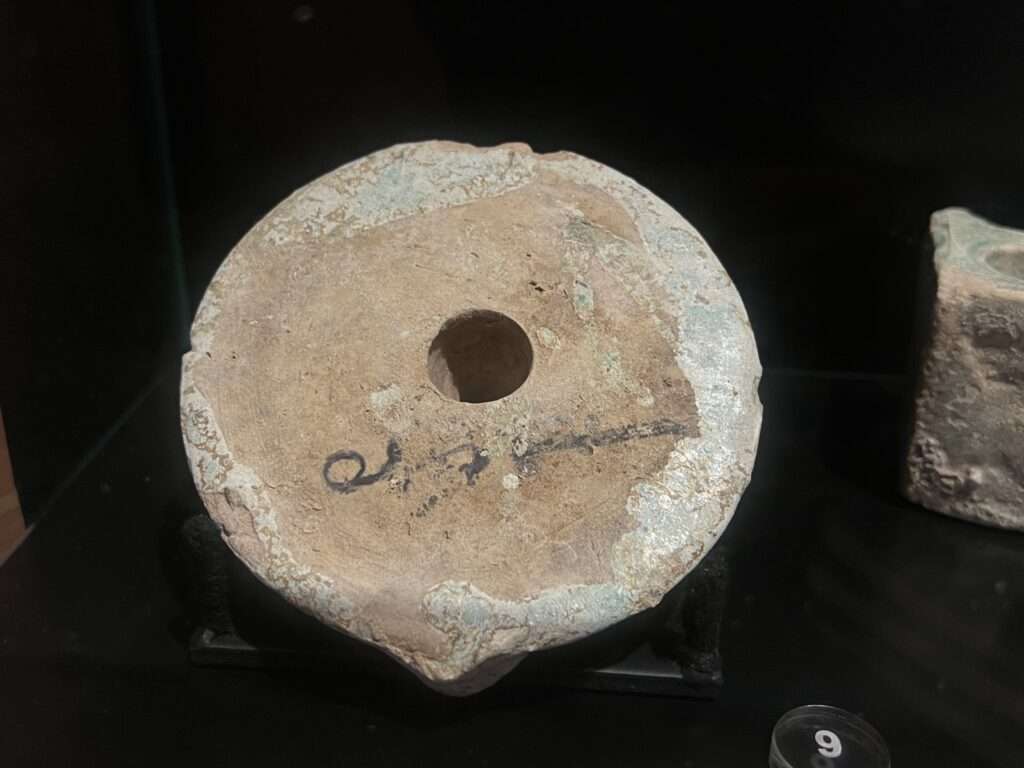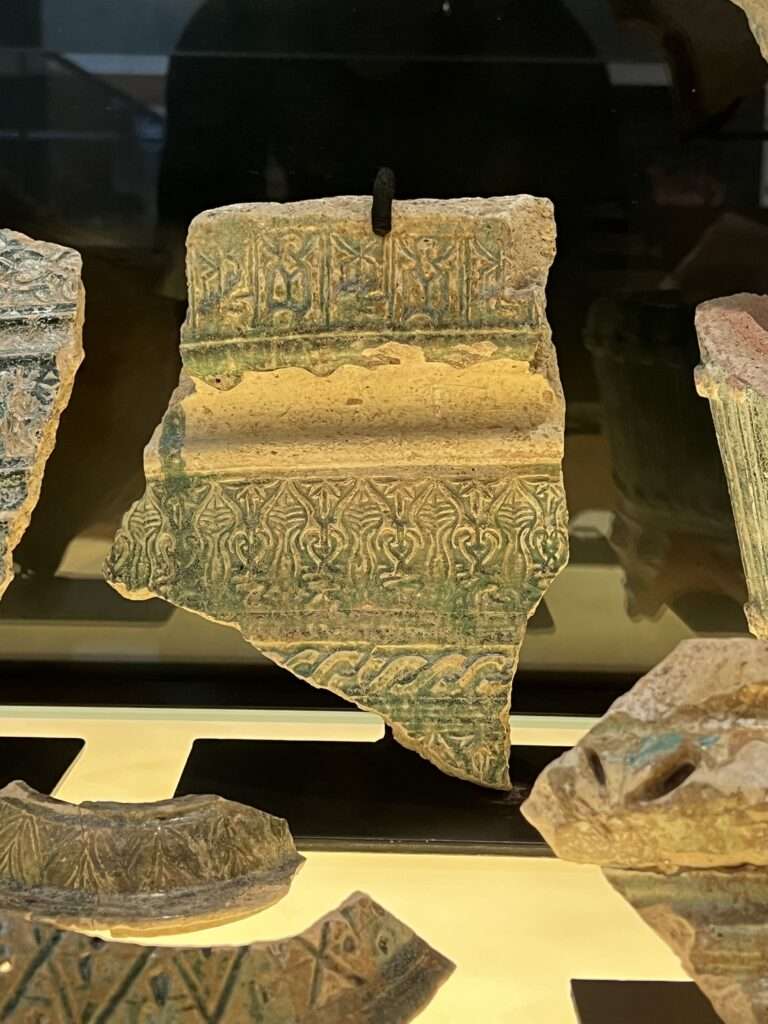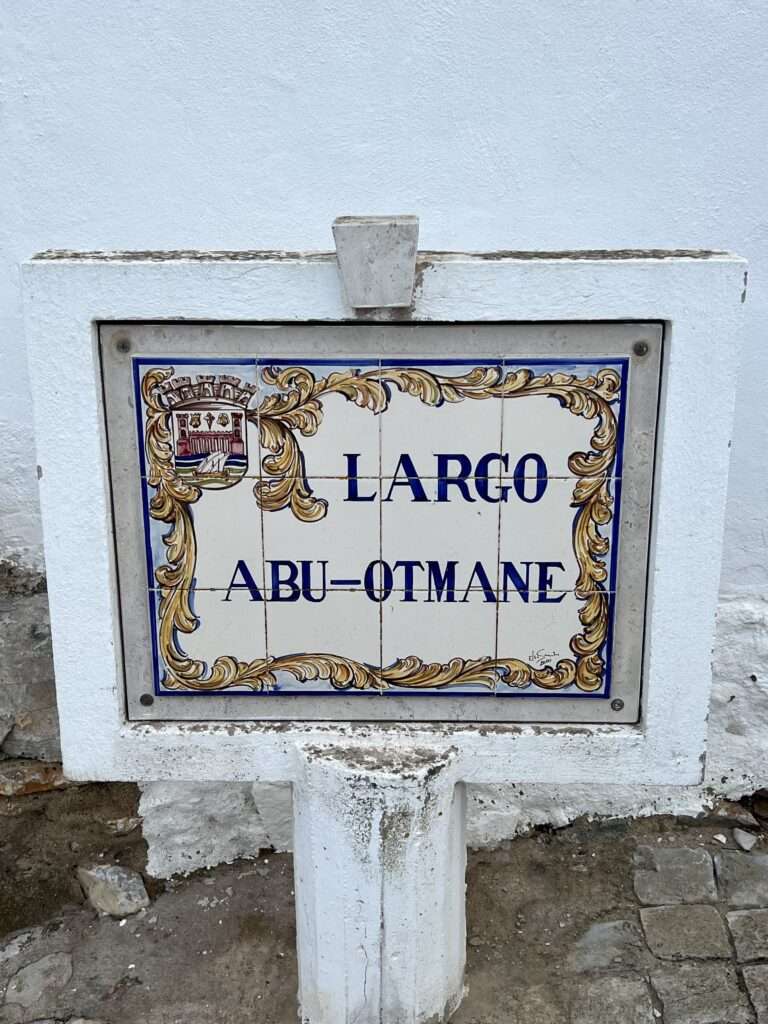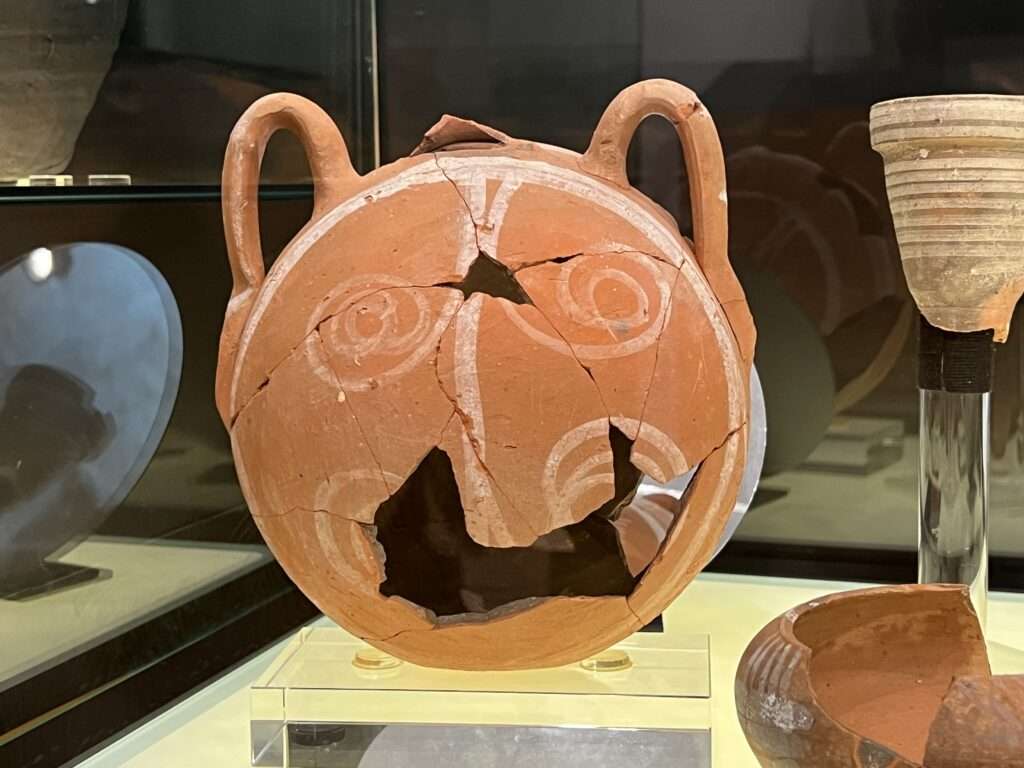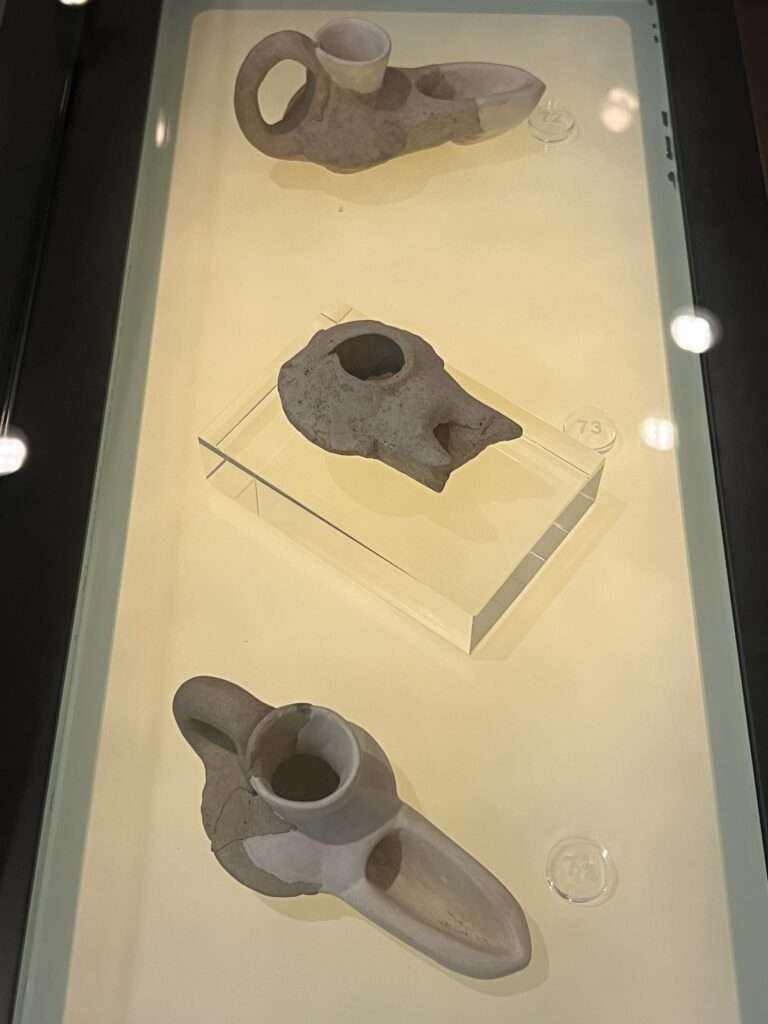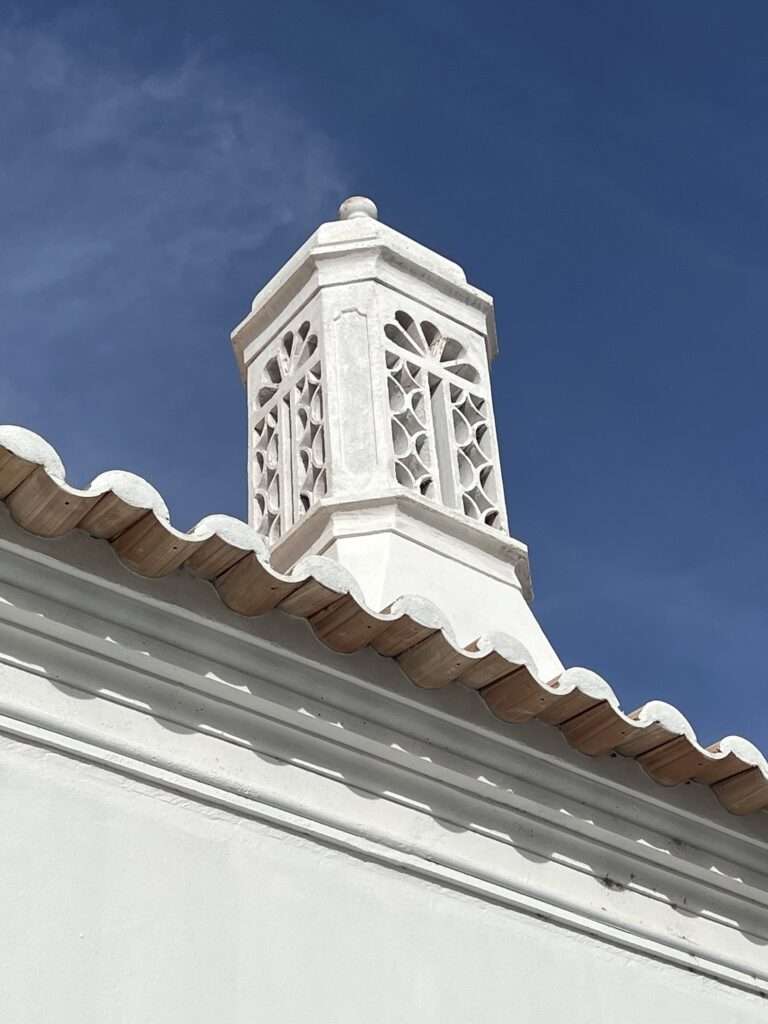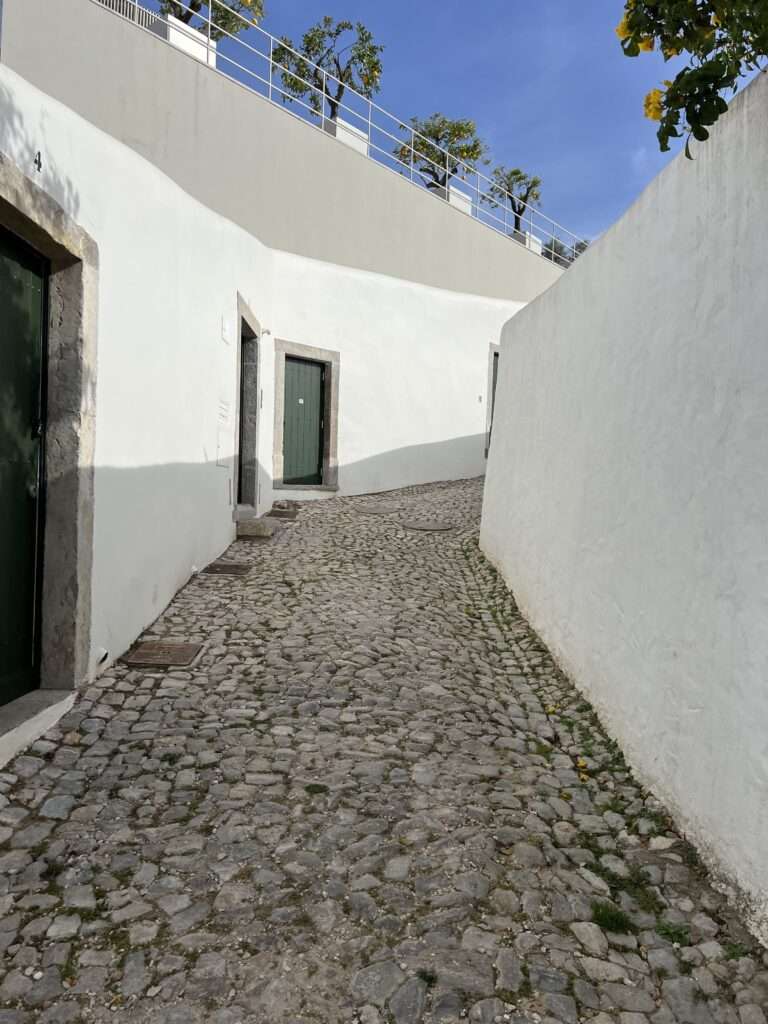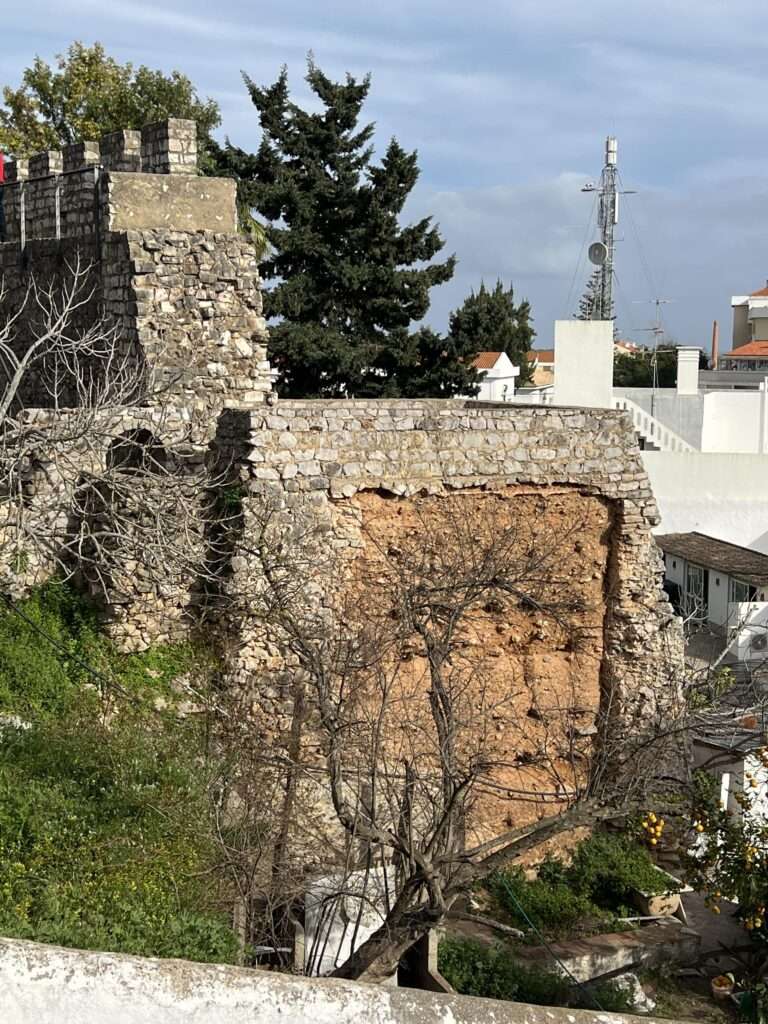Tavira
Tavira “Tabira”
A picturesque town in the Algarve region of Portugal, has a rich and profound history shaped significantly by its Arab and Islamic past. From the early 8th century until the mid-13th century, Tavira, known in Arabic as “Tabira,” was under Muslim rule, a period that left lasting influences on the town’s architecture, culture, and daily life.
During the Islamic era, Tavira was a thriving port city, strategically important for trade between Portugal and North Africa due to its proximity to the Moroccan coast. This connection fostered a vibrant exchange of goods, ideas, and cultural practices. The town’s layout, characterized by narrow streets and whitewashed buildings, is reminiscent of a typical North African kasbah, reflecting the Islamic urban design principles of the time (Islamichistoryandtravel.com) (Islamichistoryandtravel.com).
Excavations in Tavira have unearthed numerous artifacts from the Islamic period, which are now displayed in the Islamic Centre of Tavira Museum (photos below). This museum, housed in a former bank building, showcases items such as pottery, oil lamps, and the renowned Tavira Vase, a red clay vessel adorned with figurines that depict a variety of scenes, likely from daily life or ceremonial occasions.
These discoveries underscore the sophisticated material culture and artistic expression of Tavira’s Muslim inhabitants (Islamichistoryandtravel.com).
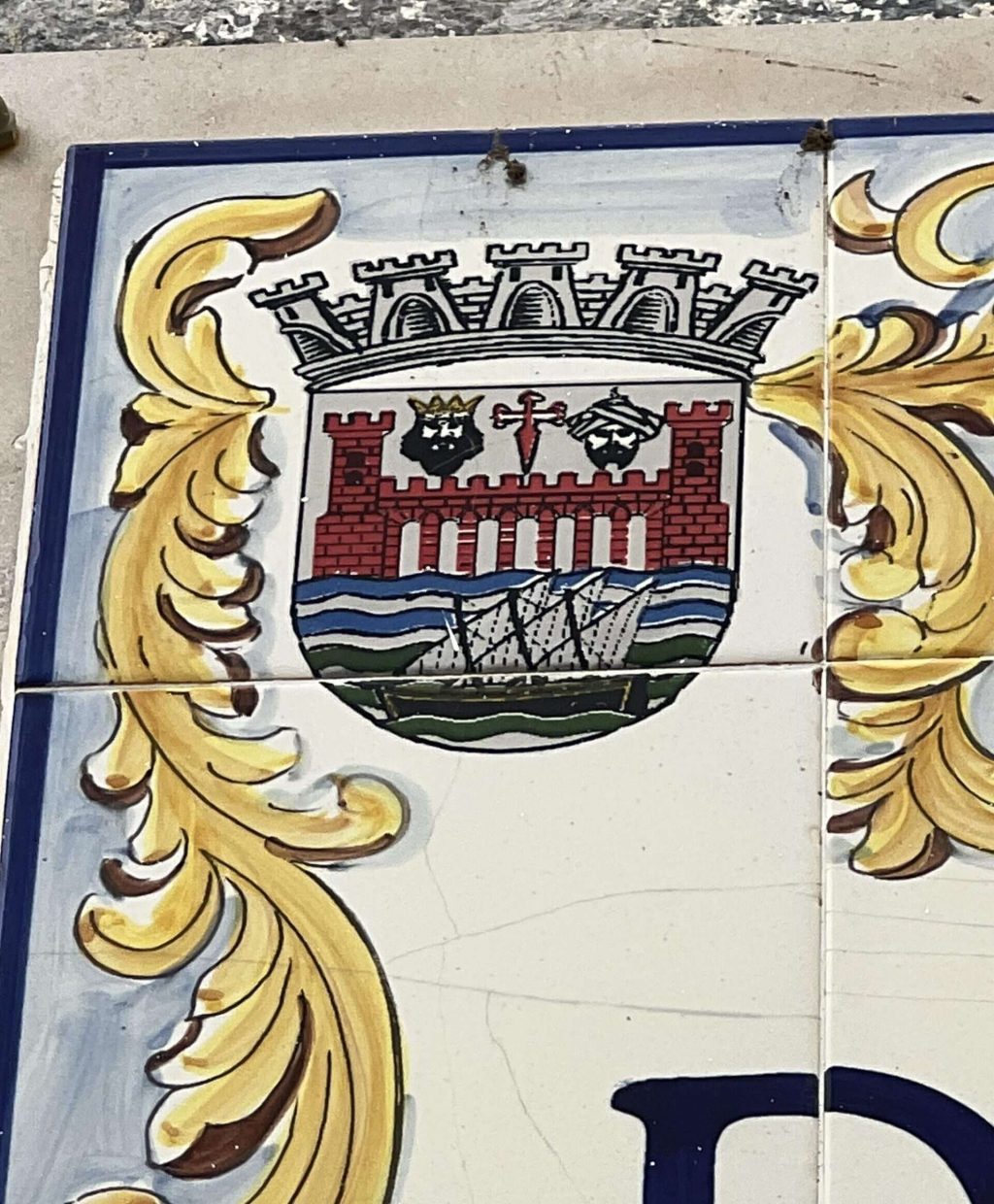
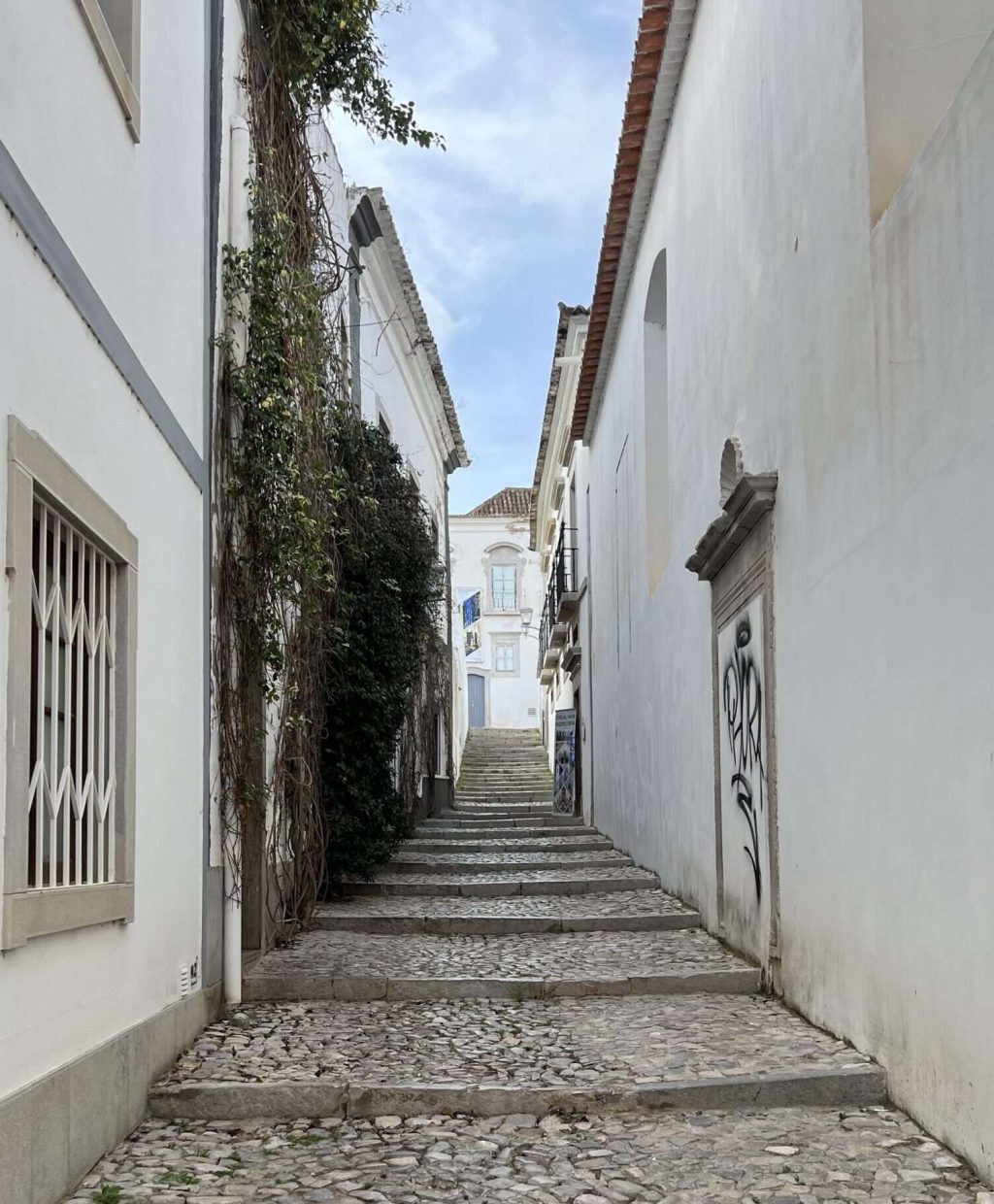
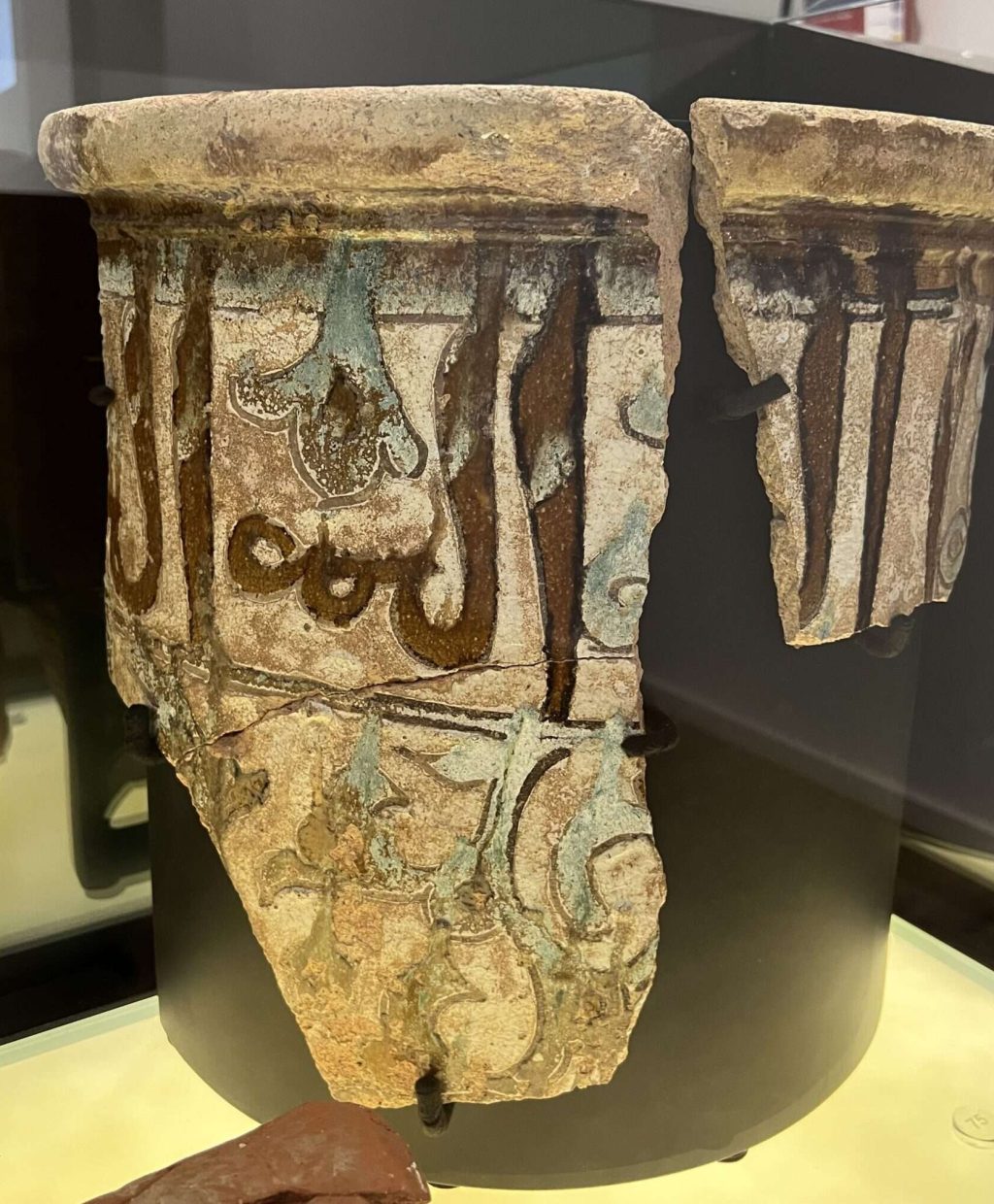
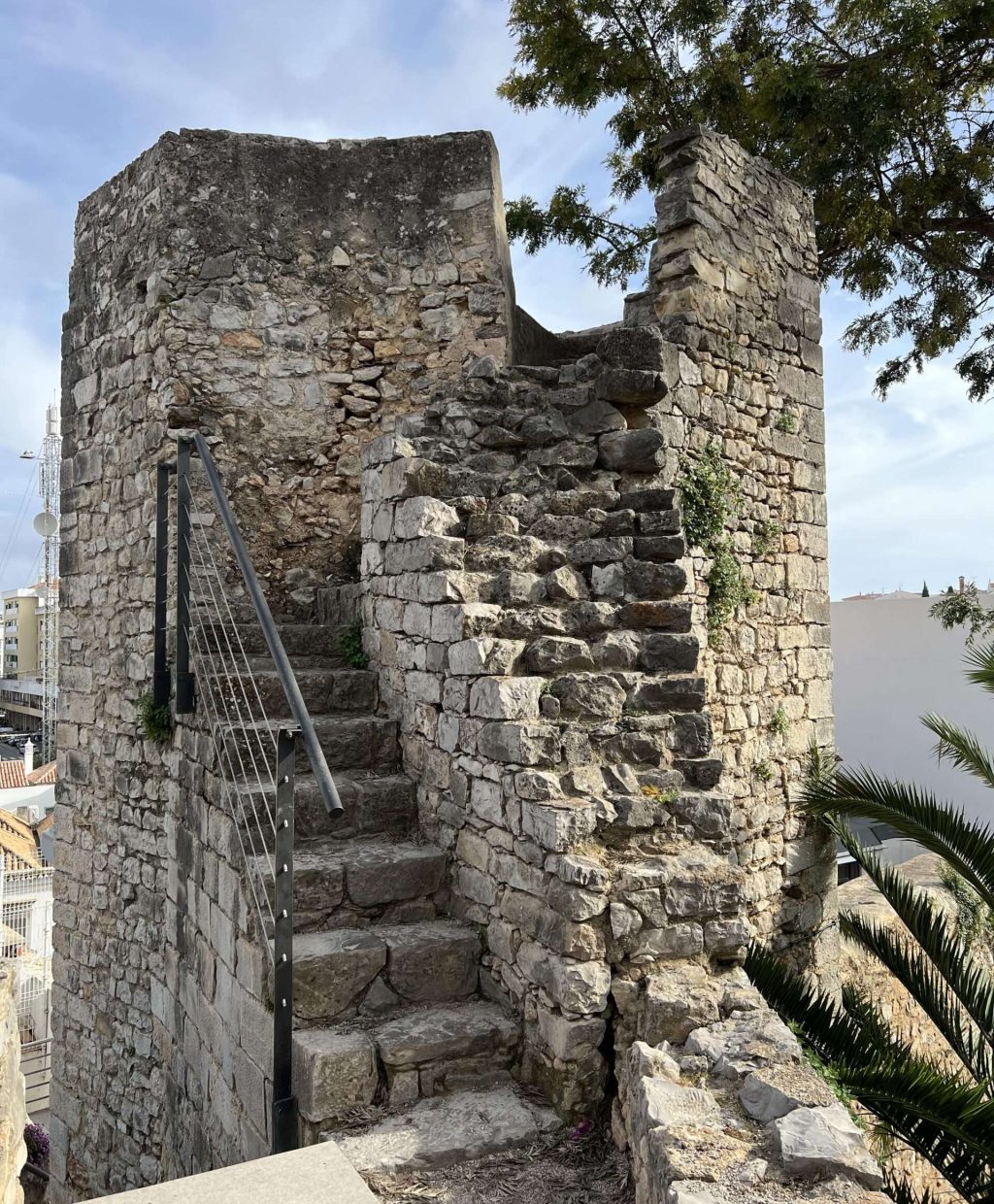
Artifacts, streets, and heritage in the architecture, and the Castle
